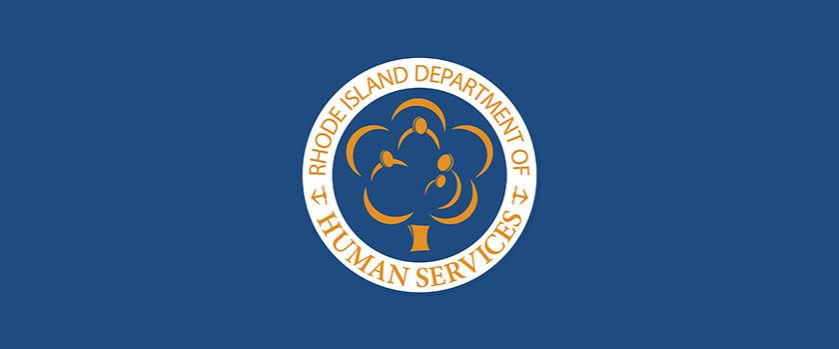Sending on behalf of the RI Department of Human Services’ Office of Child Care and RI Department of Health
Valued Providers,
With a new school year on the horizon, the Rhode Island Department of Human Services (DHS)’ Office of Child Care is fielding many questions about the COVID-19 and the Delta variant.
Thank you for your patience as we work with the Rhode Island Department of Health (RIDOH) to best answer your questions with the latest guidance from the State and CDC as it pertains to COVID-19. Your hard work and extraordinary efforts to keep children and staff safe over the course of the last year and a half have not gone unnoticed. We cannot thank you enough for your engagement, questions and genuine concern with ensuring you are running a healthy and safe child care program.
With the pandemic still present, it is more important than ever to have strong policies and procedures in place for COVID-19 risk prevention for your staff and families. The COVID-19 Delta variant spreads more easily and quickly than other variants. It is now the primary variant in Rhode Island and across the country. COVID-19 vaccines help protect against the Delta variant of COVID-19.
While the highest spread of cases and most severe outcomes are happening in places with low vaccination rates, we still need to take precautions. There are many things you can do to create a healthy, safe program.
As a child care center or family child care home, you should be using an array of prevention strategies together to protect children. COVID-19 regulations still include stable pods whenever possible, creating and implementing a pick-up and drop-off policy that minimizes large gatherings and self-attesting to COVID-19 symptoms upon entering the building or while at home before arrival. As well, there are important CDC recommendations that we want to make sure you are still aware of and understand as there are programs with many unvaccinated children.
As a reminder, our regulations still require masking for adults. The CDC also highly recommends universal masking for children over the age of two. While masking young children is not a requirement in our regulations, and the Child Care Licensing team will not be monitoring for it at this time, it is important for child care center and homeowners to make policy decisions that benefit their program and minimize risk.
As a child care program owner, you can choose to have a universal masking policy for children over the age of two. You can also choose to implement a “parent choice” policy where parents can mask their children at their discretion. There are ways you can employ multiple prevention strategies simultaneously to keep your center or family home as safe as possible.
Both the DHS Office of Child Care and RIDOH support the CDC’s recommendation for universal masking as a COVID-19 prevention strategy.
There are many things to consider as you look to enhance or refresh your COVID-19 policies:
- How are you working to ensure your program is using stable groups as often as possible? Is your policy about stable pods easy to understand and how is it communicated to staff and parents?
- Staff retention is an issue child care programs are facing at this time. What does your training and orientation look like regarding cleaning and sanitizing? Are you taking extra steps to ensure your new staff know what is expected to keep the classroom as clean as possible?
- What does your visitor policy state? Are you allowing anyone into the building? Are they attesting to COVID-19 symptoms? Are they allowed to stay in your building for longer than 15 minutes? Are you asking for proof of vaccination? Do you keep a 30-day log of visitors and their vaccination status?
- Hand washing is a large part of the standard child care regulations. How are you teaching the kids to wash their hands? Are there signs and graphics near all sinks to describe how to wash hands and when? Visual cues are helpful for children and adults alike.
- What does your sick policy state? Is it clear and readily available to staff and parents? If a child becomes ill with sore throat during their stay at child care, does your policy address being picked up, getting tested and possibly being seen by their pediatrician clearly communicated and consented to by parents/families?
The CDC has a toolkit for child care programs that provides fact sheets, videos and graphics to help you consider all of your options when keeping children safe in your program. The American Cleaning Institute also has a toolkit to share downloadable public health materials focused on disinfecting, cleaning and hand hygiene for the child care community. RIDOH and the Office of Child Care are continuing to meet every week to ensure we discuss all COVID-19 cases in child care and anticipate outbreaks and clusters in Rhode Island.
As a reminder, please reach out to your assigned licensor if you have any center-specific questions. There is also a RIDOH Child Care email for general COVID related questions: ridoh.covidchildcare@health.ri.gov. Please also remember that you are required to inform both RIDOH and DHS of a COVID-19 case in your center or family child care.
Thank you for your continued commitment to keeping children safe and healthy during this time. We are thankful for the wonderful child care providers we have in Rhode Island.
Sincerely,
Nicole Chiello
Child Care Administrator
